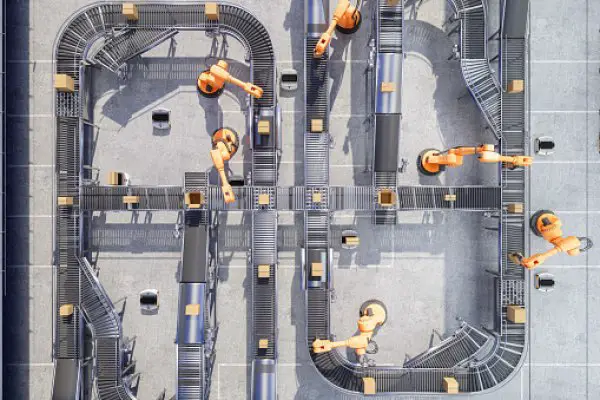Sanjana Hattotuwa, a well-known expert on online disinformation in New Zealand, is part of the Disinformation Project research team. He and his colleagues are worried about the absence of oversight for this advancing technology that provides millions of people across the globe with unrestricted access to tools that can generate extremely realistic visuals using only a few words.
Sanjana Hattotuwa says:
“This family of artificial intelligence is evolving at a pace that really hasn’t been recorded previously in computing.”
“Why are these products and platforms and tools being developed at the pace they are without any kind of ethical guardrail within the companies that are developing them?
“Some of the leading companies – including Microsoft – are divesting the teams within (their own) companies that are looking at the ethical implications of the tools they are developing at pace.”
“We become the guinea pigs, the lab rats as it were, globally and domestically, for a suite of tools within the family of GAI that have the potential for harm that really boggles the mind.”
He compared it to providing medical students with a scalpel on their initial day and then having them perform open heart surgery to master their profession.
Sanjana Hattotuwa continues to say:
“It defies any explanation as to why these tools are put out there when the creators and the makers, and the CEOs themselves say they don’t quite have a handle on the misuse, abuse [of their tools] and even how their own tools work internally.”
The rapid debunking of the photos did not prevent some people from having already seen them, meaning it was too late for them to ‘un-see’ what they had viewed.
The photos, which created a false impression of the former President being indicted, filled a vacancy in what people assumed would happen, and thus misled some into believing the content of the photo was accurate.
The combination of disinformation and the recent developments in GAI (General Artificial Intelligence) results in a powerful mixture.
Sanjana Hattotuwa went n to say:
“Anybody today can create a video, a cartoon, a meme, manipulate a photo, create synthetic media, clone individuals face or clone his or her or their voice, to create content that is believable enough to motivate people to do something, to believe in something, to subscribe to something, and then act upon those beliefs. That’s a huge power,”
The goal of disinformation is not necessarily to pass off false information as accurate but rather to create uncertainty and suspicion around the truth.
Sanjana Hattotuwa adds to say:
“When nothing is quite certain or true, anything can be projected as authentic and true. And that is a net benefit for disinformation. Because it creates volatility, what we call truth decay, or information disorders, which essentially help conspiratorialism, misinformation and in particular disinformation, to take aim at democracy writ-large.”
He cautioned that the potential dangers posed by this technology being allowed to move ahead without any control or oversight are varied and very worrying.
Creating artificial images and videos could potentially put our judiciary system at risk and threaten national security.
Sanjana Hattotuwa continues to say:
“It’s a hydra-headed beast. It’s not just the judiciary that would be impacted; it’s also policing, it’s the chain of custody, it’s the admissibility of evidence in courts, it’s what we hold and believes to be true.
“It may create stock-market implications, super-market runs, it may create the belief that a politician has said something that they did not.
“These are real-world implications that we have already seen the embryonic constructions of in disinformation narratives; they’re going to impact everybody, no matter whether you use it or not.”
The UK is one of the only countries that has produced guidelines concerning artificial intelligence. It recognizes AI’s incredible potential in various industries while alerting to possible physical and emotional wellness issues, privacy violations, and human rights infringements.
Hattotuwa is urging New Zealand’s policymakers to take immediate action and implement regulations before the advancement of technology goes any further.
Sanjana Hattotuwa went on to say:
“(Disinformation Project) wrote a ten-point analysis of what GAI may mean for this country,”
“which embraces national security threats and risks as well. This is serious. This is a growing problem, at pace, it’s not going to go away, and we need to start talking about it.”
As AI advances, we must consider the potential risks and take proactive measures to mitigate them. This requires collaboration between governments, tech companies, and experts in the field to ensure that AI is developed and used responsibly. The stakes are high, and the potential for harm is truly mind-boggling. Still, by approaching AI with caution and a commitment to ethical principles, we can work to ensure that the benefits of this powerful technology outweigh the risks.
Source: 1 News



